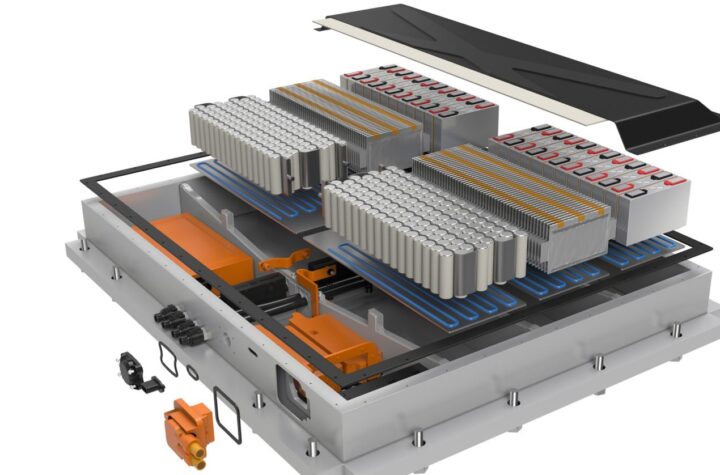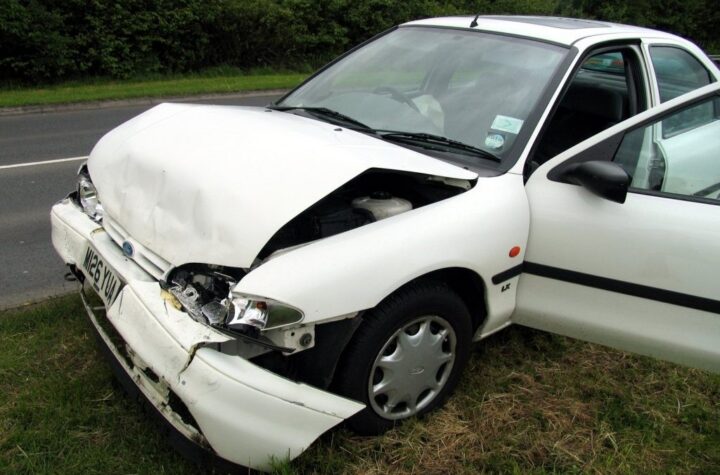
eBIO warmly welcomes the Biomass Action Plan recently proposed by the European Commission. The Action Plan underlines the need to take bold steps forwards to reduce the European Unions growing dependence on imported energy and the growing greenhouse gas emission from the transport sector.
Market share of biofuels
eBIO agrees with the European Commission that progress to the targets in the Biofuels Directive is neither being achieved nor being properly addressed, and that decisive action is the only way forward. eBIO strongly advocates the need to introduce mandatory EU-wide and national targets to deliver cuts in GHG emissions and to oblige fuel suppliers to use renewable fuel for road transport, with a scheduled transition to 10% biofuels in petrol.
Fuel quality
Biofuels should become a substantial part of the daily used volume of transport fuel. To make this a reality changes to the present Directive on Fuel Quality is crucial. The Directive in force puts too many limits to biofuel use. eBIO is confident that the Commission will propose the right amendments to make these limits obsolete.
Captive fleets
Promoting captive clean and efficient fleets through public procurement is a welcome strategy to set the good example. Especially the use of high blends vehicles (cars and busses for public transport) should receive priority because of their higher visibility. The use of so-called Flexi Fuel Vehicles (or E85) will also mean an incentive to bring about the required infrastructure. Furthermore, there is a need to have demonstration projects financed on e-diesel (bioethanol fuel used in diesel engines).
Trade
eBIO supports the view that the poorest countries (LDCs) should have free market access to export biofuels. But indeed a balanced approach in the ongoing multi- and bilateral trade negotiations on market access for non-LDCs is vital to make this infant industry achieve a mature status. The maximum allowable volume of imports should therefore relate to the EU domestic consumption.
R&D
Present biofuels are already promising in the way they can contribute to reducing emissions but even more promising is the next (or ‘second’) generation of biofuels. Support for research and development to have this type of biofuel on the market as soon as possible is absolutely crucial. The creation of a Biofuel technology platform will be highly beneficial to foster further research.
Level playing field
Biofuels are entering a market dominated by major and economically very powerful players. We fully support the view of the Commission that there should be no barriers to the introduction of biofuels that could be considered as discriminatory.
eBIO will assist the European Commission in every possible way to make the implementation of the
Biomass Action Plan to a success.
eBIO, the European Bioethanol Fuel Association, represents the interests of the majority of European bioethanol fuel producers. At present eBIO has 13 members and associate members.












More Stories
Your Guide to Filing a Car Accident Claim
Steps to Take Immediately After a Car Accident
What Makes SUV Cars More Prone to Accidents?